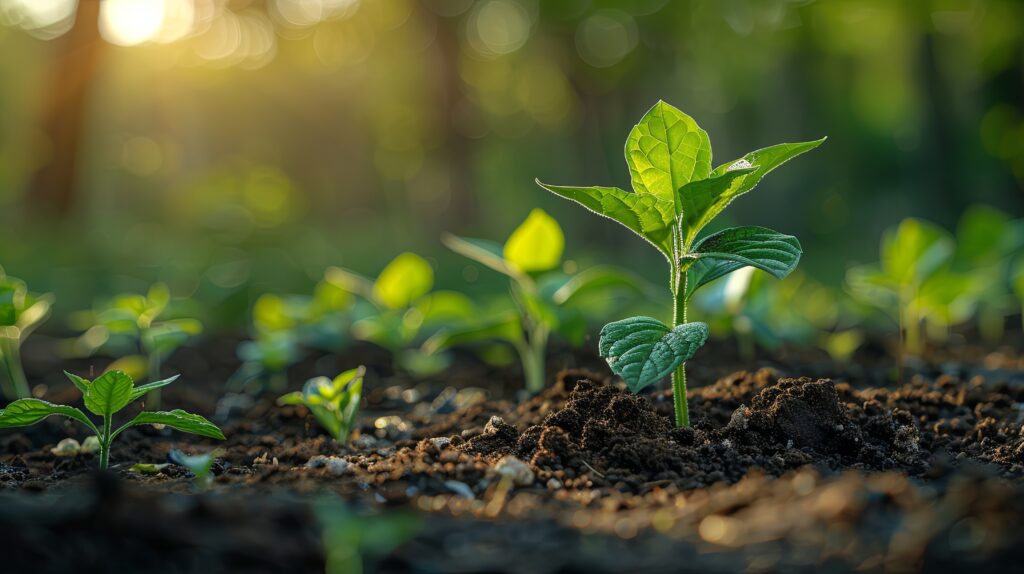Urban areas are getting a green makeover with the rise of micro-forests, small yet dense pockets of native trees that bring biodiversity and wildlife back to cities. Inspired by the Miyawaki Forest Technique, these eco-friendly spaces can grow 10 times faster than traditional forests, offering habitats for hundreds of species in just a few years.
With organizations like Earthwatch Europe and SUGi planting hundreds of these forests worldwide, from London to Los Angeles, micro-forests are improving air and water quality, cooling urban heat, and even reducing the impacts of heavy rainfall. Beyond environmental benefits, they provide havens for mental well-being and foster community connection, becoming spaces for relaxation, education, and shared stewardship of nature.
While challenges like pollution, drought, and community buy-in remain, these small forests are proving to be resilient solutions. Advocates emphasize their potential to inspire future generations, especially through school projects that allow children to connect with nature and witness the tangible impact of their actions. As cities embrace these innovative ecosystems, micro-forests offer hope for a greener, healthier future for urban living.

